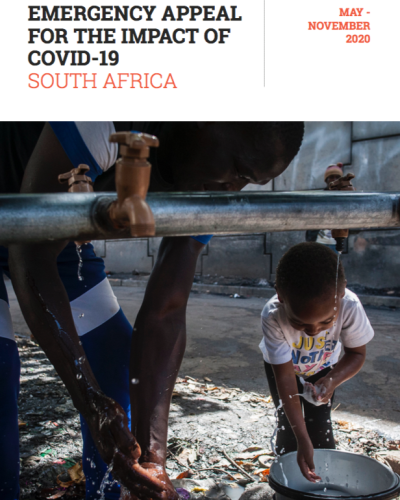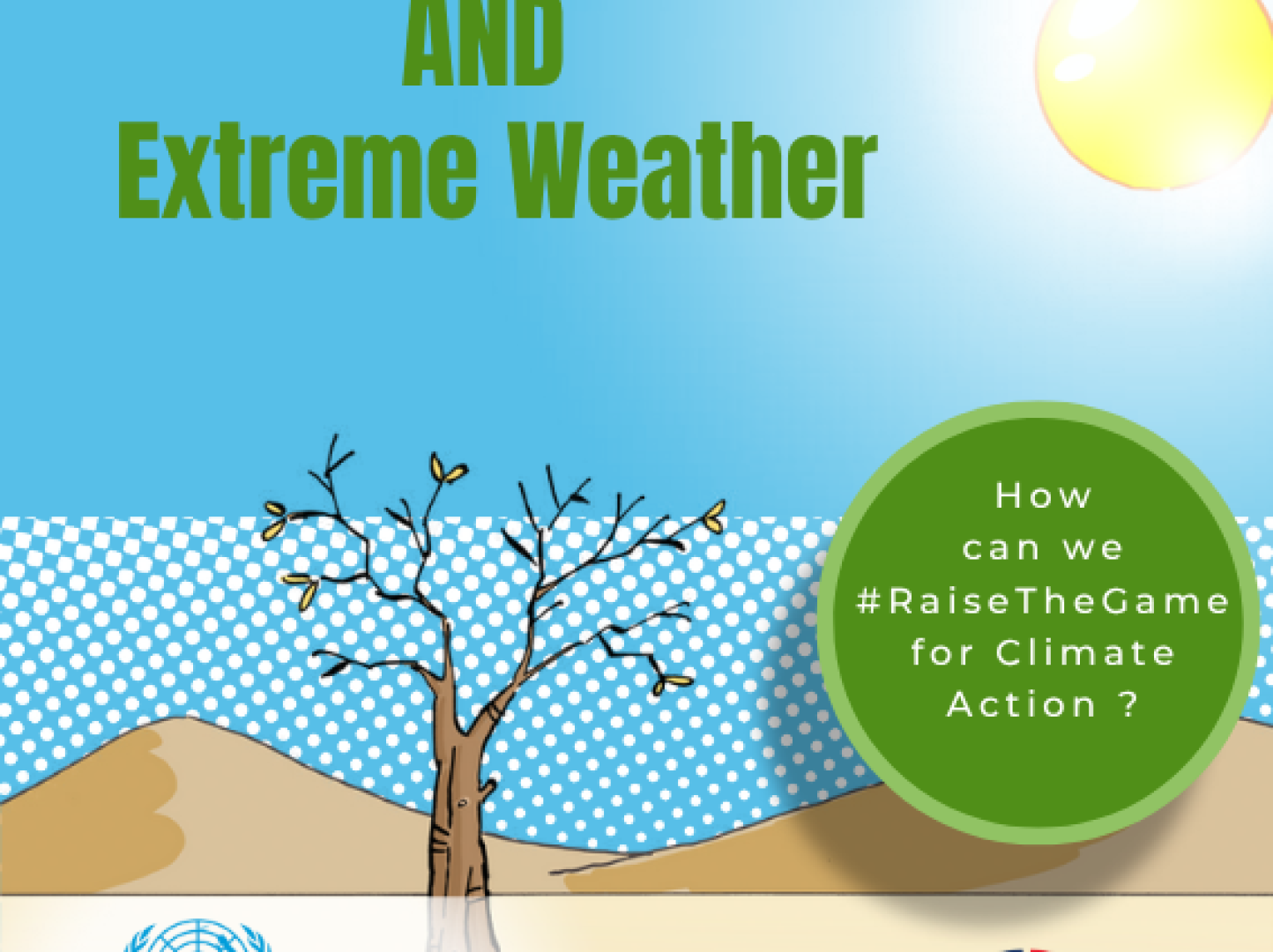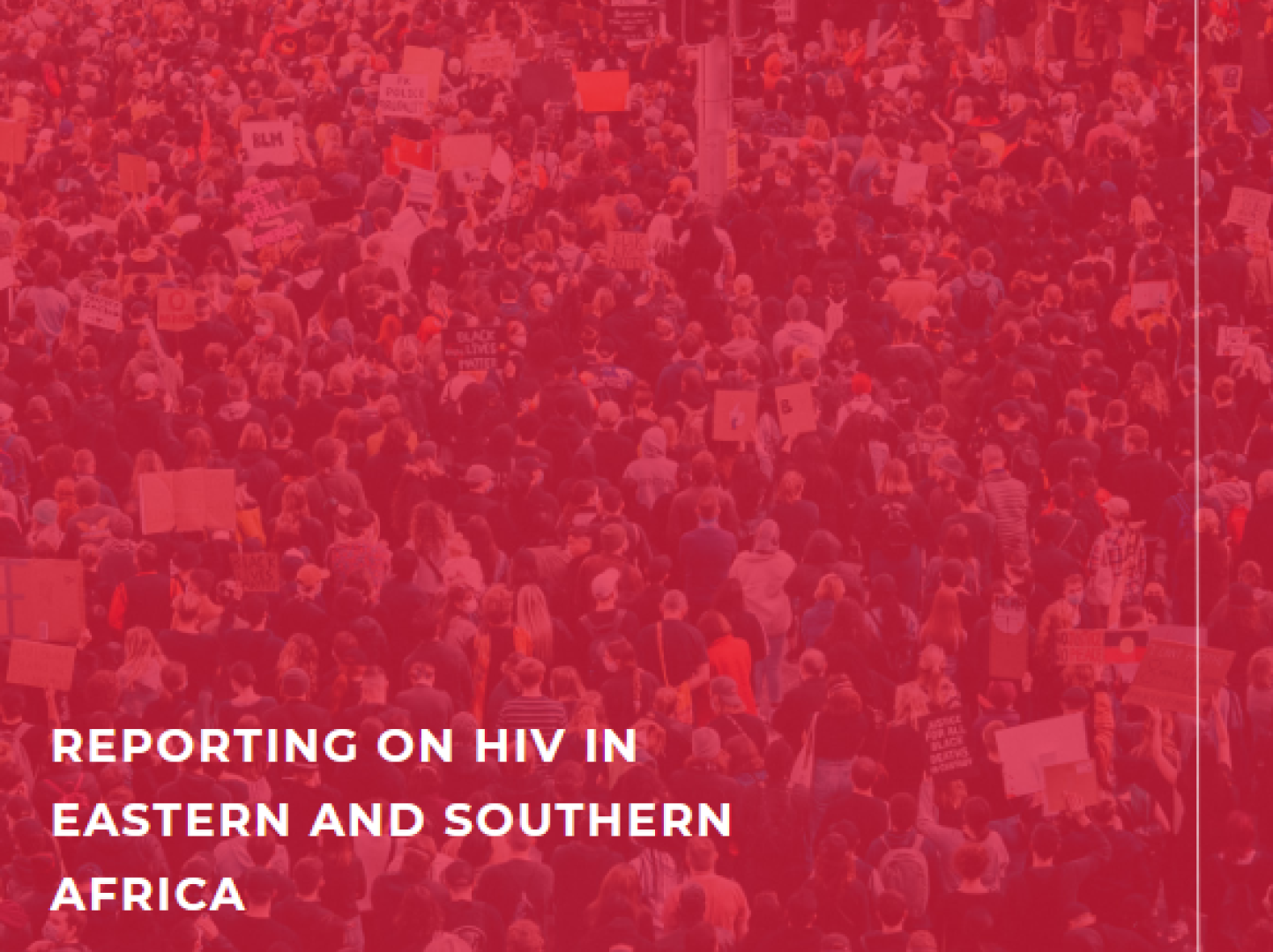Emergency Appeal for the Impact of COVID19 in South Africa

The United Nations recognizes that the outbreak is a global challenge that must be addressed through an inclusive approach based on international solidarity and cooperation among all stakeholders. It serves as a reminder that the human rights dimensionof the pandemic determines that in order to combat any public healthemergency, everyone – including persons with specific health issues, disabilities, the LGBTI communities, refugees and asylum-seekers,migrants and other marginalized and vulnerable groups, should be ableto access health facilities and services in a non-discriminatory manner.
This Emergency Appeal for South Africa prioritizes the response necessary to address the immediate public health crisis and the secondary impacts of the pandemic on vulnerable South Africans, including children, the elderly, women, people living with disabilities,people living with HIV, refugees, migrants in the most affected regionsof Gauteng, Kwa-Zulu-Natal and Western Gape, and in support of theGovernment-led response to COVID-19,to be carried out in the next six months (April to October 2020).
The Appeal complements the Government of South Africa’s three-pronged strategy. This includes: intensifying the public health response to slow down the rate of transmission and to reduce infections; increasing social safety nets to cushion the impact of COVID-19 control measures; and effective coordination of the response. Since recording the first cases of COVID-19, the government has instituted a raft of public health measures in line with the advice of the World Health Organization (WHO). It has also developed a comprehensive package of economic support measures to assist businesses and individuals affected by the pandemic, including increasing access to credit and financial markets by reducing interest rates, supporting market liquidity and protecting the banking system; creation of a special COVID-19 Temporary Employer/EmployeeRelief scheme with over R30 billion to provide income support to workers where employers are unable to pay their full salaries due to the lockdown; increased social support services to protect poor and vulnerable households; and established the Solidarity Fund to mobilize resources from companies, organizations and individuals to combat the pandemic. It has thus far raised around R2.2 billion (President’s Speech, 9 April 2020). To ensure that the strategies are effectivelycoordinated and informed by comprehensive, real-time data, thegovernment has established the COVID-19 Information Center at the Council for Scientific and Industrial Research (CSIR) (DOH, 9 April 2020). The government does face daunting challenges to their ability to wholly manage this crisis. These challenges, including fiscalshortfalls, limited access to tax revenue and the recent downgrading of their credit worthiness to junk stock status, will not allow thegovernment to solely manage this crisis.
In addition to the government’s response, civil society organizations, with a rich history of cooperation and collaboration to improve the lives of South Africans, have come to the forefront to mitigate the effects of COVID-19 on society across all sectors.The United Nations has actively engaged a number of these civil society organizations through sector networks that have either been established by organizations during this period to coordinate the sector’s response or existing platforms that have come together during this period. Examples include the C19 People’s Coalition and the Civil Society Platforms of the South African National AIDS Council and that of the National Economic Development and Labour Council.
The Emergency Appeal has been developed to support the existing coordination efforts of government, stakeholders and other partners with the aim to ensure efficient and effective prevention and response to identified national priorities. The World Health Organization represents the UN in the daily and weekly coordination meetings and, through this collaboration, has helped to identify gapsto which the UN and partners can support the response. Through
UN consultation with government and other key stakeholders (civil society, youth serving organizations, private sector organizations, the Solidarity Fund and other development partners), gaps and needs have been identified and the government has requested both technical and financial support from the UN. Thus, the Emergency Appeal not only brings together all the needs/gaps, it also indicates the financial implications which exceed the resources available withinthe UN system and its partners in-country to address national gapsand priorities. In bringing these needs together, the expectation is thatthis will enhance alignment, harmonization and ensure that additionalsupport from all other partners responds to the government-identified needs/gaps and that it is managed in a coordinated manner. In linewith this, the expectation is that the UN and its partners will maintain its programming modality and bring added value through expert guidance and technical oversight, as well as coordination support, with implementation being done by government partners, civil societyand other developmental partners. To complement the Government’s response and in light of the Government’s priority response areas, the United Nations in South Africa’s Emergency Appeal presents a combination of: strictly re-prioritized activities from the United Nations Development Assistance Framework (UNDAF) for South Africa, whichhave been identified as most time-critical and urgent in support of the COVID-19 response; and new activities identified as immediately required to stem the outbreak and mitigate against its consequences. To maximize efficiency and effectiveness, wherever possible, activities included in the Emergency Appeal build on, augment, adapt and expand activities and initiatives already being implemented by partners from both private and public sectors, including undertaking an assessment of the longer term socio-economic impact in order to develop a 12-18 months development plan together with national business associations, individual companies, civil society organizations, and non-governmental organizations.
The Appeal reflects the centrality of protection and a ‘Rights Up Front’ approach to COVID-19, which is imperative to prevent stigma and discrimination at this critical juncture. Community engagement and accountability to affected people will be at the heart of the response, both to enhance understanding of the additional impact of COVID-19 on people that are already vulnerable and to informand adjust programming approaches and priorities as the response continues.
Prevention of Sexual Exploitation and Abuse (PSEA) will beprioritized across all aspects of the Appeal’s implementation, including through ensuring that all people receiving assistance are aware that it is unconditional and know how to access complaintsmechanisms and survivor-centred services. Recognizing that local actors will play a central role in the response to COVID-19,the Emergency Appeal prioritizes the principles of partnership andcoordination. All actors engaged in the Appeal commit to working closely with established networks of community-based organizations to reach people in need in a principled manner, including adhering to the principles of PSEA.
The United Nations Resident Coordinator will engage with the Government in order to effectively implement the activities in theAppeal, including: ensure sustained access to particularly vulnerable hotspot areas, including to refugees and those living in urban informal settlements; facilitate internal movement of essential supplies and workers in case of lockdown; UN agencies and partners engaged in the Appeal commit to respecting all public health measures necessary toensure community’s safety, alongside effective localization measures.This will help reinforce community acceptance and reduce the risk ofspreading the coronavirus while helping those in need. Partners will employ only personnel that are trained on implementing activities in the era of social distancing and equipped, as appropriate depending on relevant guidance for the specific activities carried out, with the necessary Protective Personnel Equipment (PPE) to contain the spread of the virus.



















